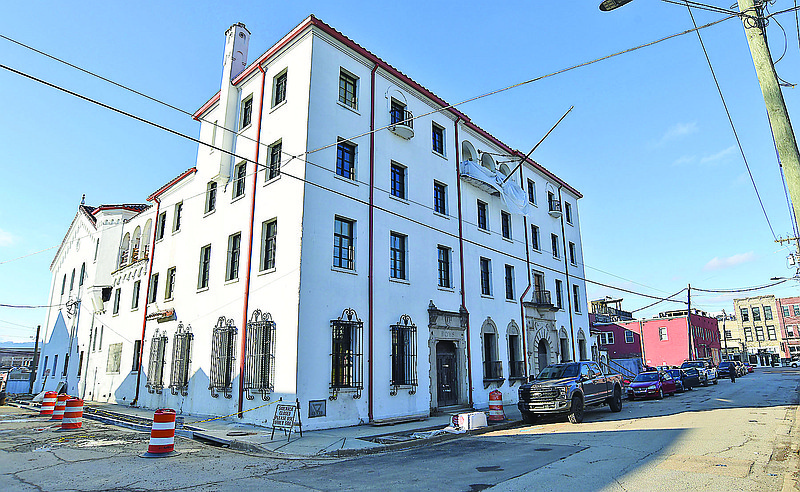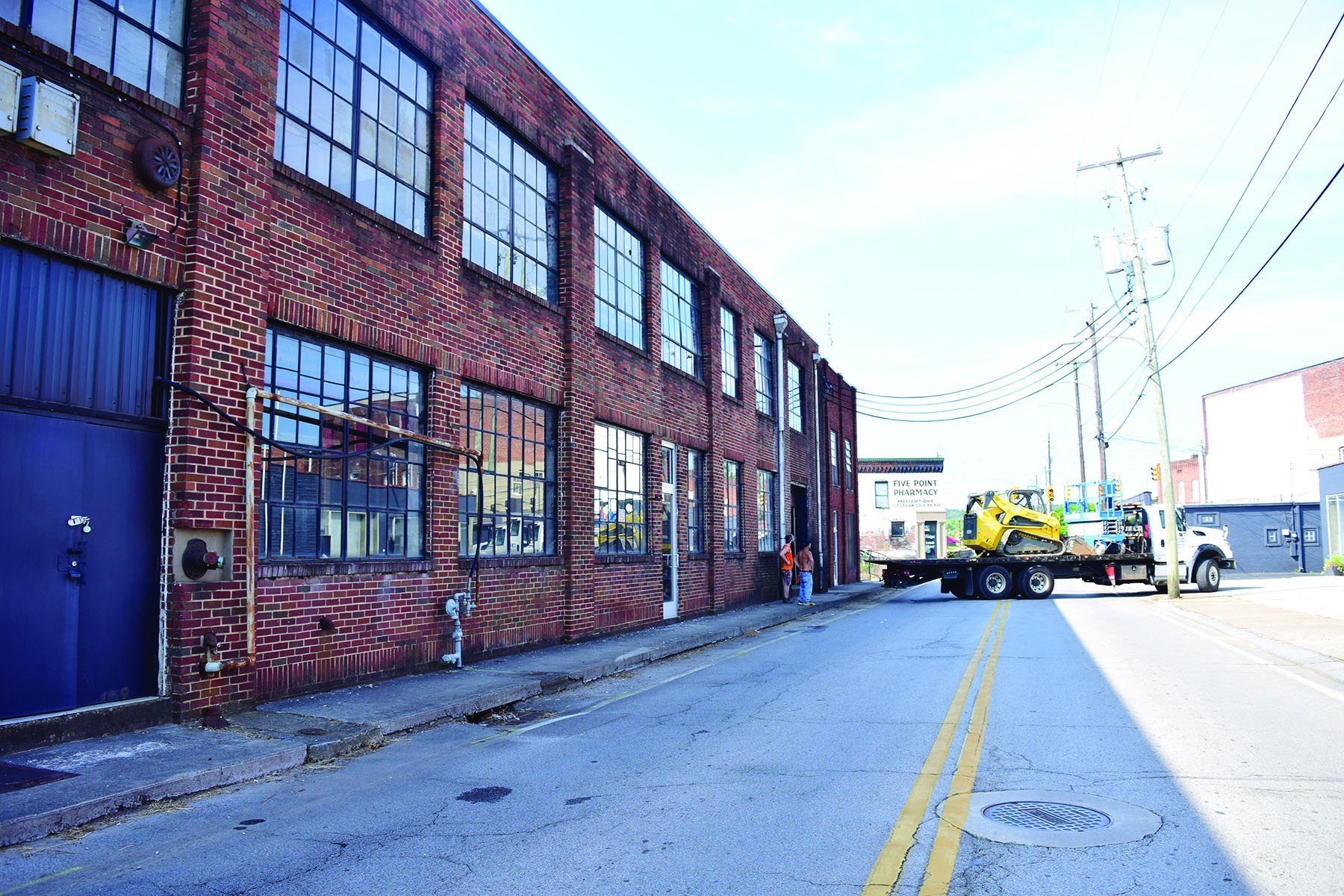Developers who have adapted historic buildings in Chattanooga and Cleveland, Tennessee, for modern uses have each been awarded $300,000 in state grants under a new $4.8 million program established by state lawmakers earlier this year to encourage the preservation and continued use of such properties.
One is the 92-year-old former "Industrial YMCA Building" off East Main Street in Chattanooga, which reopened in February as Common House Chattanooga, a social club with a restaurant and hotel rooms, following extensive renovations.
The other is the old Sanda Hosiery Mills site in Cleveland, where a developer is transforming the 59,692-square-foot mill into space for 52 loft apartments, nearly doubling downtown Cleveland's apartments.
After passage of the legislation earlier this year, officials from the Tennessee Department of Economic and Community Development partnered to assemble the program that aims to renovate and preserve historic but idled buildings, allowing them to contribute to the economy through job creation and commercial activity.
All told, 26 projects were approved across the state with an estimated $4 million in tax dollars awarded so far to businesses, developers, nonprofits or local governments.
"Tennessee's historic buildings are a contributing factor to what makes our communities unique, and I applaud each of these grant recipients for taking on the task of rehabilitating and preserving these sites," department Commissioner Bob Rolfe stated. "We are pleased to be a part of this program, which helps restore these structures while spurring additional economic and tourist development opportunities in each of these communities."
Tennessee Historical Commission Executive Director Patrick McIntyre said agency staff partnered with economic development officials to set standards and guidelines for the restoration of the historic properties with his agency "responsible for reviewing the completed projects.
"Some of the applicants to the Tennessee Historic Development Grants also applied for the Federal Historic Tax Credit program that [the historical commission] administers," McIntyre added. He said the commission is "proud to be a partner and hopes this program continues in the future."
The four-story Common House in Chattanooga, at 1517 Mitchell Ave. on the city's Southside, is a white stucco building that sat vacant for more than 35 years.
"We fell in love with the building," said Ben Pfinsgraff, co-founder of Common House with Derek Sieg, in a 2020 Times Free Press interview about the structure off East Main Street. "It's one of the coolest buildings I've ever been in."
They worked with building owner Walk2Town Holdings to restore the 30,000-square-foot Italian Renaissance revival-style structure. It includes a social hall, full gym, outdoor pool, seven hotel rooms and a bridal suite, a rooftop terrace and more, according to the founders, who previously had opened a similar club in Charlottesville, Virginia.
Walk2Town bought the building in late 2018 for $2.75 million from Chattanooga businessman Jack Kruesi.
Matthew King, Walk2Town's chief executive, said in the 2020 interview that plans were to spend "multiples" of the purchase price to restore the structure, adding he and his partner are "old building junkies. It's a unique opportunity to bring this back to life."
In Cleveland, Sanda Hosiery Mills commenced operations in 1926 with the construction of two brick buildings originally used as warehouses. By 1940, the buildings were part of Cherokee Knitting Mills and connected to larger industrial buildings. Sanda operated in the city in the 1940s and by 1950 was located in the still-existing complex. The manufacturer's brands were marketed under the name Humpty Dumpty. Mill production ceased in 2000.
Other area developers and property owners receiving grants include Berry Properties, which received $62,400 for rehabilitating Tipton-Fillauer House in Cleveland; Lindsey S. Bamber, who received $25,500 to rehabilitate the Trinity Chapel in Dayton; and $13,650 to the Etowah Historical Commission to rehabilitate the Etowah Depot.
Contact Andy Sher at asher@timesfreepress.com or 615-255-0550. Follow him on Twitter @AndySher1.

